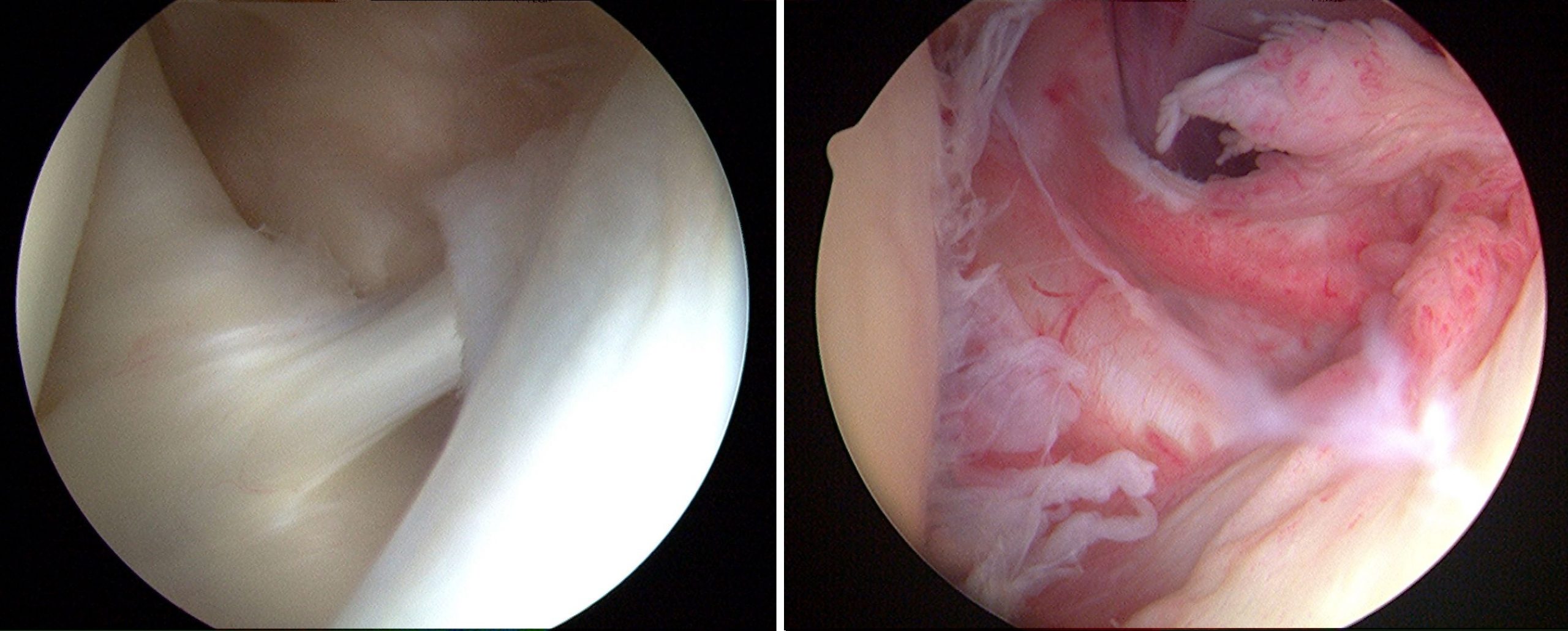- Conditions
- Procedures
- Patient care
- Why choose us
- Our Doctors
- Contact
Frozen Shoulder (Adhesive Capsulitis)

What is Frozen Shoulder?
Frozen shoulder is the common term for a condition known as adhesive capsulitis. As the name implies, frozen shoulder is associated with stiffness and immobility in the shoulder joint. This is generally a condition with a slow onset that can last for years at a time.
Frozen shoulder can eventually improve, but it can severely disrupt activity levels and productivity for those affected. It is important to take treatment seriously to give the shoulder the best chance of healing properly.
While frozen shoulder can be difficult to live with, there are effective treatments to help manage symptoms. At USA Spine Care, we believe that patient education plays an important role in the treatment process. By learning more about this condition and its causes, you can work more closely with your treatment team as you seek lasting relief.
Frozen shoulder and adhesive capsulitis causes and risk factors
The shoulder joint is a ball and socket joint that connects the upper arm, or humerus, to the shoulder blade, or scapula. To connect to the shoulder socket , the upper arm is held in place by a capsule of connective tissue. When adhesive capsulitis begins to develop, this capsule slowly thickens and stiffens. As a result, the shoulder becomes harder and more painful to move.
Doctors still do not fully understand the causes of adhesive capsulitis, but there are several risk factors that have been identified that give people a likelihood of being diagnosed with it. These include:
- Being 40 years or older
- Being female, as it is slightly more common in women than men
- Having diabetes
- Having prolonged immobility of the shoulder due to a neurological condition such as a stroke
- Recovering from a broken arm
- Developing a rotator cuff injury
- Having a thyroid condition or a cardiovascular complication
- Undergoing a surgical procedure that requires short-term arm mobility
Since frozen shoulder occurs in conjunction with immobility, one of the best ways to prevent this condition from developing is to try to stay as mobile as possible while recovering from surgery or one of the above injuries or conditions.
Frozen shoulder onset symptoms
While shoulder pain and immobility can be signs of other injuries and progressive conditions, such as a rotator cuff tear and arthritis, there are a few telltale signs of adhesive capsulitis. These include:
- A gradual onset of stiffness that becomes worse over time
- Pain and a dull ache on the outside of the shoulder
- Pain that gets worse at night
To slow progression of frozen shoulder, it’s important to see a doctor for symptoms that persist for longer than a few days to a week at the most.
Frozen shoulder diagnosis
Frozen shoulder usually develops in three distinct phases, a freezing stage, a frozen stage and a thawing stage. Patients may not realize something is really wrong until the frozen stage when stiffness is most severe. However, if a doctor can diagnose this condition early, there is a better chance of finding a successful treatment plan.
When meeting with a doctor to diagnose shoulder pain and immobility that is potentially adhesive capsulitis, the process will typically begin with a review of medical history followed by questions about specific symptoms. The doctor will then perform a hands-on evaluation to test range of motion and determine if there are specific movements that cause pain. Finally, diagnostic imagery such as an MRI or X-ray can help to confirm diagnosis by showing the presence of inflamed tissue. It can also help to rule out other injuries with similar symptoms such as arthritis or bursitis.
Frozen shoulder treatment
Upon diagnosis of adhesive capsulitis, treatment usually begins conservatively with a number of nonsurgical options. These include:
- Over-the-counter medications to reduce pain and inflammation
- Physical therapy to strengthen the shoulder and improve flexibility
- Steroid injections to relieve inflammation
- Distension, or injecting water into the frozen joint capsule to stretch tissue and promote mobility
Generally, time and conservative treatments help most patients get to the thawing stage of frozen shoulder, but surgery can become a consideration for some patients.
Surgical options for adhesive capsulitis
If there is excessive scar tissue and adhesions around the shoulder and there continues to be pain and lack of mobility, a surgeon may recommend a minimally invasive procedure to go in and remove it. Often this type of frozen shoulder surgery can be performed on an outpatient basis with a small incision and the use of direct visualization technology.
Learn more about adhesive capsulitis and frozen shoulder treatment options
At USA Spine Care, we have a wide range of treatment options for frozen shoulder and a caring staff with years of experience in helping people find relief. At our state-of-the-art facilities, our compassionate team of skilled experts can help patients with shoulder pain develop customized treatment plans that match any lifestyle. To learn more, contact us today.
Call toll free 1- 866-249-1627.
